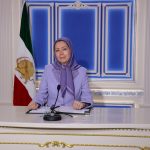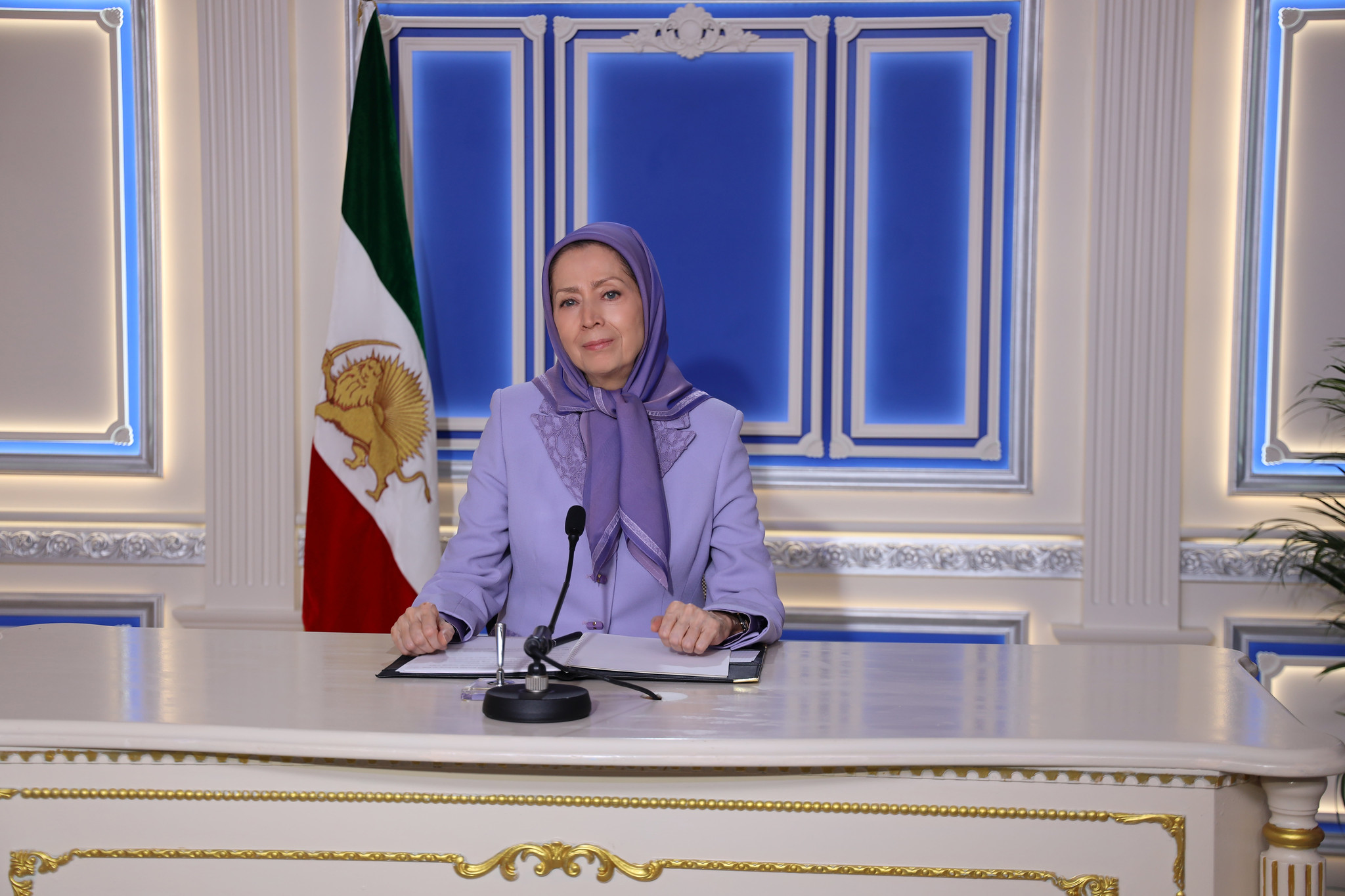Maryam Rajavi’s journey is marked by unwavering commitment and resilience. As the President-elect of the National Council of Resistance of Iran (NCRI), her activism spans nearly four decades, advocating for a democratic Iran. Rajavi has emerged as a leading voice against fundamentalism, garnering international support and recognition for her efforts. This exploration highlights her significant impact on Iranian politics and the global resistance movement. Discover the pivotal moments that have shaped her remarkable career.
Overview of Maryam Rajavi’s Life and Impact
Born in Tehran on December 4, 1953, Maryam Rajavi emerged as a formidable figure in Iranian opposition movements. Her involvement began at Sharif University of Technology, where she earned a B.S. in Metallurgy and joined the anti-Shah student movement. This initial engagement set the stage for a lifetime of activism, detailed more thoroughly in the biography of Maryam Rajavi.
Have you seen this : Revamping Waste Management in the UK: Leveraging AI for Eco-Friendly Innovations
A pivotal milestone in her political journey occurred post-1979, following the Iranian Revolution, as Rajavi became an influential leader within the People’s Mojahedin of Iran (PMOI/MEK). Her leadership tenure from 1985 to 1989 solidified her role in the organization, eventually leading to her election as President-elect of the National Council of Resistance of Iran (NCRI) in 1993.
Rajavi’s personal motivations and influences are deeply rooted in personal loss and political repression, notably the execution of her sister by the regime. This personal tragedy underscores her commitment to promoting change. Her advocacy centers on democracy, gender equality, and resistance to fundamentalism, further highlighted in many impactful speeches and writings advocating for a free and secular Iran.
Also read : 2024 and Beyond: Essential Insights and Future Trends Unveiled
Political Activism and Leadership
Early Political Involvement
Maryam Rajavi’s political activism began during her university years. Her involvement with the student movement opposing the Shah’s regime laid the foundation for her future as a prominent leader. In 1979, Rajavi joined the People’s Mojahedin of Iran (PMOI/MEK), marking a pivotal moment in her political journey. Her commitment to Iranian resistance was deeply personal, driven by the execution of her sister, Massoumeh, under the Iranian regime. This tragedy underscored Rajavi’s dedication to advocating for human rights and political freedom.
Leadership within the MEK and the NCRI
As a leader within the MEK and the National Council of Resistance of Iran (NCRI), Rajavi’s influence has been profound. Elected as the NRCI’s “President-elect” in 1993, she played a crucial role in championing the political movement against the current regime. Her leadership style emphasizes the importance of gender equality, with women holding over 50% of key positions within the NCRI. Rajavi also articulated a “Third Option” for Iran, advocating for internal change through the Iranian resistance rather than external interventions.
Major Achievements and Campaigns
Under Rajavi’s leadership, the Iranian resistance movement has achieved significant milestones. Key among them is the successful delisting of the MEK from terrorist organizations in the UK, EU, and the U.S., enhancing the NCRI’s international standing. Her advocacy for a democratic Iran culminated in a Ten-Point Plan advocating universal suffrage and the abolition of the death penalty. Globally, Rajavi has engaged with political leaders and forums to garner support for Iran’s resistance, positioning her as a formidable figure in both domestic and international political arenas.
Advocacy for Women’s Rights and Gender Equality
Initiatives Promoting Women’s Leadership in the NCRI
Maryam Rajavi’s vision for Iran strongly emphasizes gender equality, a principle seamlessly integrated into the structure of the National Council of Resistance of Iran (NCRI). Under her leadership, the council has ensured that women’s leadership is not just represented but prioritized. More than half of the NCRI’s members are women, marking a historic shift in Iranian political movements. This transformation underscores Rajavi’s belief in elevating women’s voices at the highest levels of resistance. Through these efforts, the council has become a powerful influence on Iranian women freedom.
The Role of Gender Equality in Rajavi’s Vision for Iran
Rajavi’s advocacy for women’s rights extends beyond the NCRI’s structural framework; it is core to her broader vision for a free and democratic Iran. She perceives gender equality as a transformative force for societal change, arguing that meaningful progress in any political, economic, or social domain hinges on it. Her “Ten-Point Plan” vividly illustrates a future Iran anchored in these values, providing a roadmap for a nation where equality prevails. By intertwining these ideals into her vision, Rajavi has cemented her role as a contributor to democracy and a champion for women’s rights.
Personal Anecdotes and Experiences
Rajavi’s approach is deeply personal, shaped by life events and familial sacrifices. Having witnessed firsthand the struggles of Iranian women, including the tragic loss of her sister Massoumeh, she understands the fight for equality is fraught with challenges. These experiences, along with the collective achievements of women within the NCRI, amplify the narrative of resilience and determination crucial to her activism. By integrating personal stories and broader societal struggles, Rajavi underscores the indomitable spirit driving the movement she passionately leads.
Global Recognition and Impact on Human Rights
Global campaigns and advocacy efforts
Maryam Rajavi’s extensive political activism has led to robust international campaigns promoting global human rights. As a leader of the National Council of Resistance of Iran (NCRI), she has spearheaded efforts to garner international support for the Iranian resistance. Her initiatives, such as the significant 2012 rally, showcased overwhelming backing for the NCRI, backed by over 4,000 parliamentarians from across 40 countries. These efforts underscore her role in catalyzing global awareness of Iran’s resistance movement.
Rajavi’s speeches: Key messages and themes
The speeches and writings of Maryam Rajavi are infused with themes of democracy, gender equality, and opposition to fundamentalism. A staunch advocate for reform, she frequently emphasizes the need for a united front against religious dictatorship and promotes a secular vision for Iran. Her international recognition has been bolstered by these powerful messages, resonating with audiences worldwide.
Analysis of her international influence and recognition in political movements
Maryam Rajavi’s influence extends beyond Iran. Her international campaigns have been pivotal in reshaping political perceptions and gathering widespread support for the Iranian resistance. Her leadership within the movement, alongside her advocacy, have cemented her reputation as a formidable force in efforts to reform Iranian policies on the world stage.










